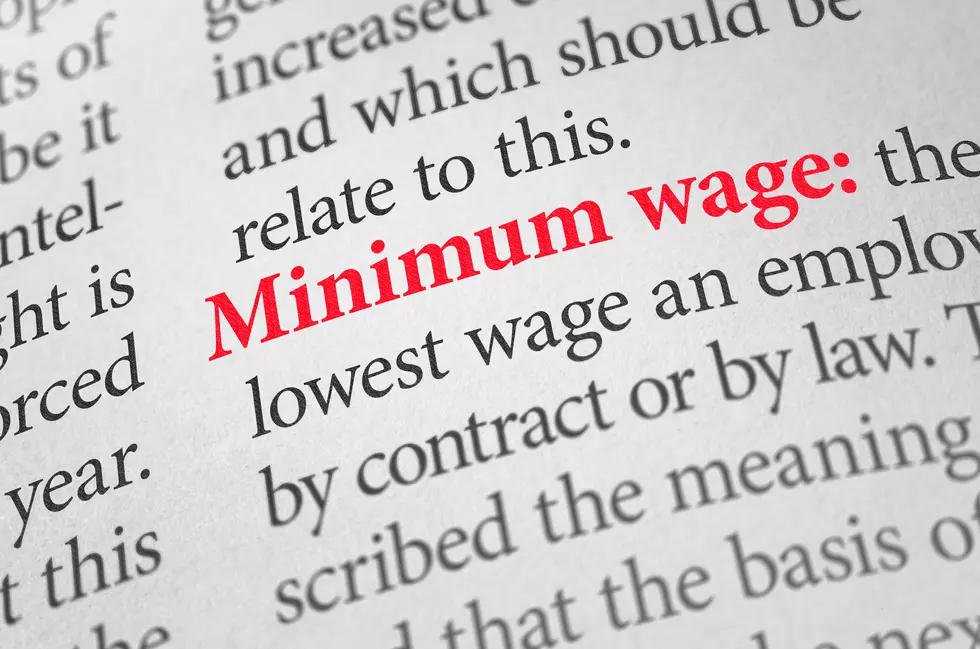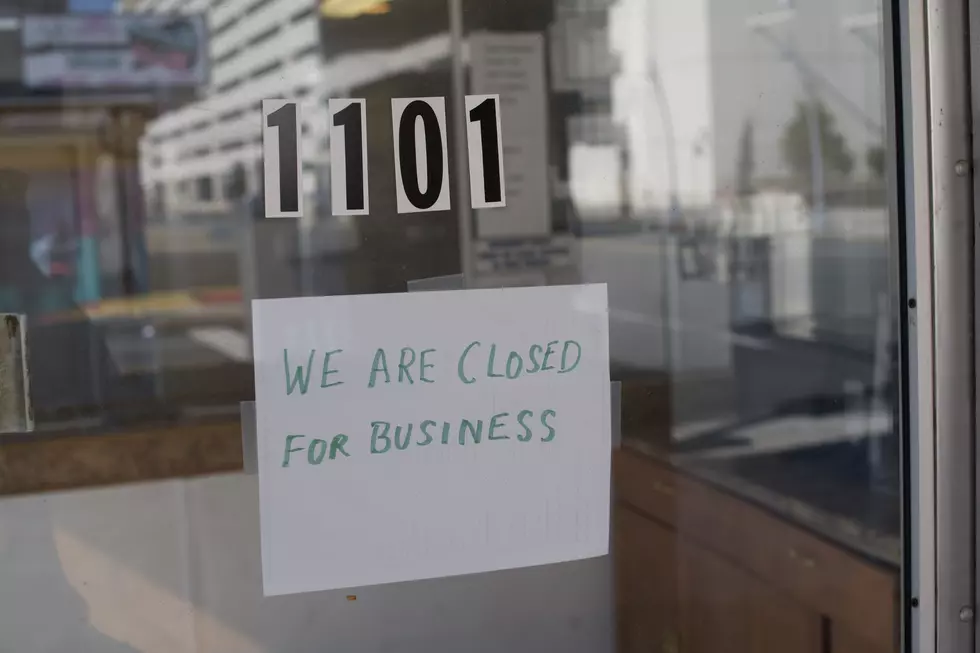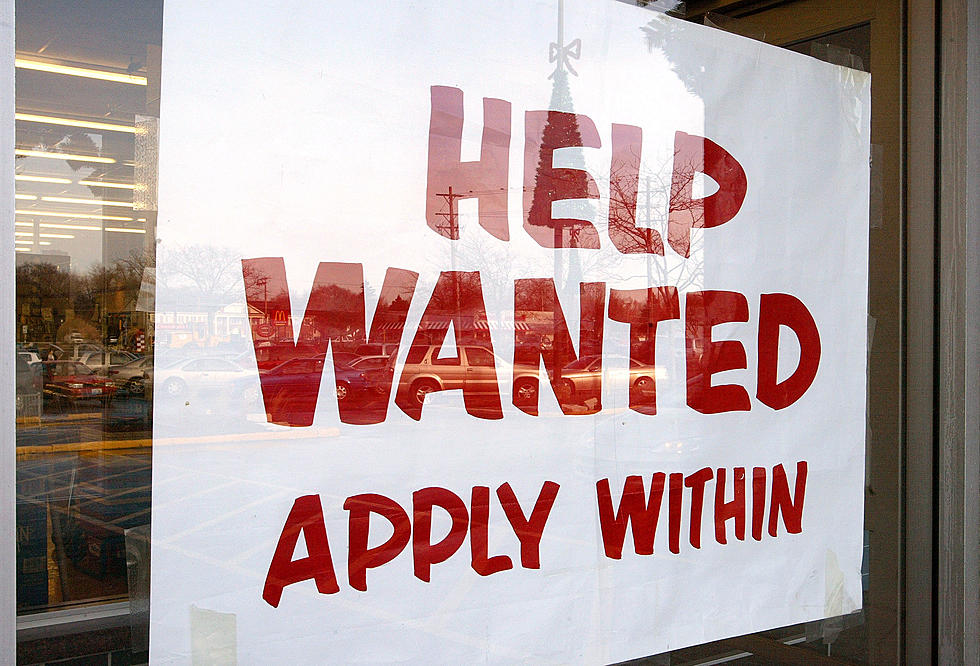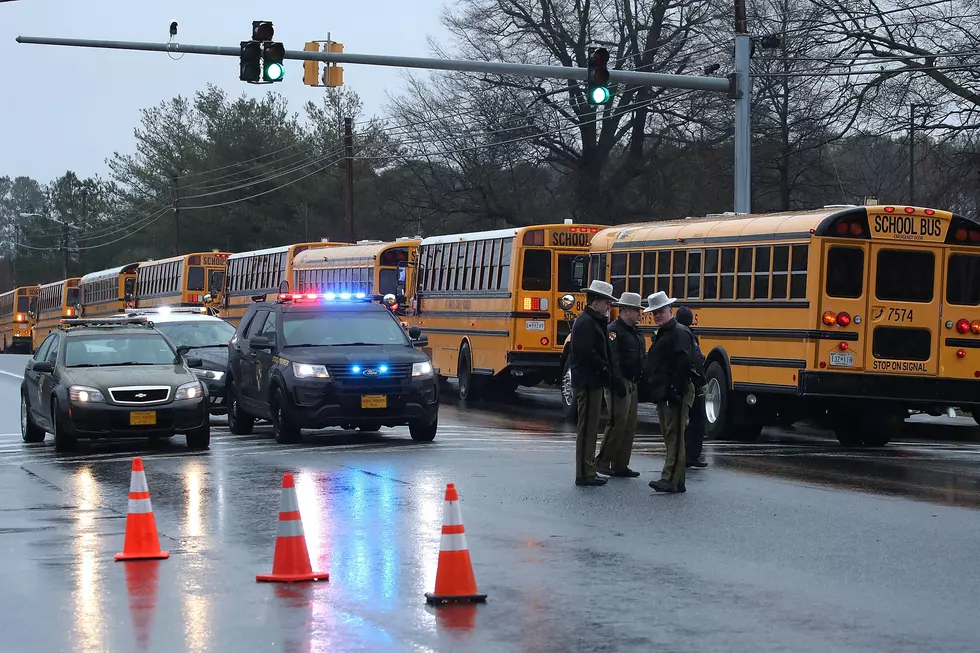
Paid sick leave stalls as Senate and Assembly can’t agree
Another key item on the Legislature’s agenda ran into the discord and gridlock that permeates the Senate and Assembly relationship Monday – this time, paid sick leave for all New Jersey workers.
Senate President Stephen Sweeney, D-Gloucester, and Assembly Speaker Vincent Prieto, D-Hudson, are battling over the terms for rescuing cash-strapped Atlantic City, which faces insolvency if it doesn’t get a bailout that Sweeney and Gov. Chris Christie are tying to a state takeover of local government.
Sweeney and Prieto are also unable to agree on how to proceed with paid sick leave, a policy priority of progressives that’s likely to run into an eventual Christie veto even if it passes the Legislature.
“It would be nice to get a compromise with the Assembly. I don’t want the theme to constantly be we put something up that is in conflict to them,” Sweeney said. “We would like to be able to compromise because at the end of the day the goal is to get something done.”
At issue is whether the law should bar cities and towns from adopting ordinances that go further than what the state would require – one hour of sick time for every 30 hours worked, at both private and public employers.
Sweeney says a statewide standard is needed, but the Assembly version of the proposal wouldn’t stop municipalities from requiring more.
“Really the main crux of the disagreement is we think you need a statewide standard on sick leave.” Sweeney said. “The speaker feels that every community should set their own standard. That’s going to really make things difficult to operate a business, especially if you’re in multiple towns where its’ sick leave policies are different in each town.”
Last December, the Senate passed the legislation with a bit over three weeks left in the legislative session. But the bill died in an Assembly committee without action.
Senate Majority Leader Loretta Weinberg, D-Bergen, who sponsors the bill with Sweeney, said changes could be made to the bill.
“We’re still discussing,” Weinberg said. “Some members have some problems with the way it’s constructed, particularly as it pertains to small business. So we’re taking a look at that.”
Business groups such as the New Jersey Business and Industry Association have been lobbying hard against the proposal, which would let workers carry forward five days of sick leave into the next year at places with less than 10 employees or nine days of leave at places with 10 or more employees.
The proposal would cause many problems for small businesses in terms of both real-world logistics of handling sick days and the requirements for record-keeping, said Michele Siekerka, the NJBIA president and chief executive officer.
“There’s different programs that work in different work environments. And then we want to come in with one set policy, say, ‘Everybody get in the box and do it this way.’ And that’s just not fair. It doesn’t work,” Siekerka said.
Siekerka cites the example of a pizza place where the owner tells a sick worker to make up the hours some other time, then figures out a way to manage for the day. If the sick-leave bill were law, Siekerka says, the pizzeria would have to pay that person and pay a replacement.
“The program is so broad in terms of what it provides for. It really goes beyond the desired health issue of not having a sick person at work,” Siekerka said. “It’s just got all these tails to it that makes the policy really over-burdensome for small business.”
Sick-leave laws have been enacted in four states – Connecticut, California, Massachusetts and Oregon – and around 20 cities and towns, including 12 municipalities in New Jersey.
Seventy percent of New Jersey employers offer paid sick leave, but an estimated 1.2 million New Jerseyans don’t have jobs that offer sick leave, mostly in low-wage jobs.
The bill got through the Senate budget committee in March by a narrow 7-6 vote. All the Democrats except Sen. Jeff Van Drew voted for it. Van Drew joined five Republicans in voting against it.
More From New Jersey 101.5 FM









